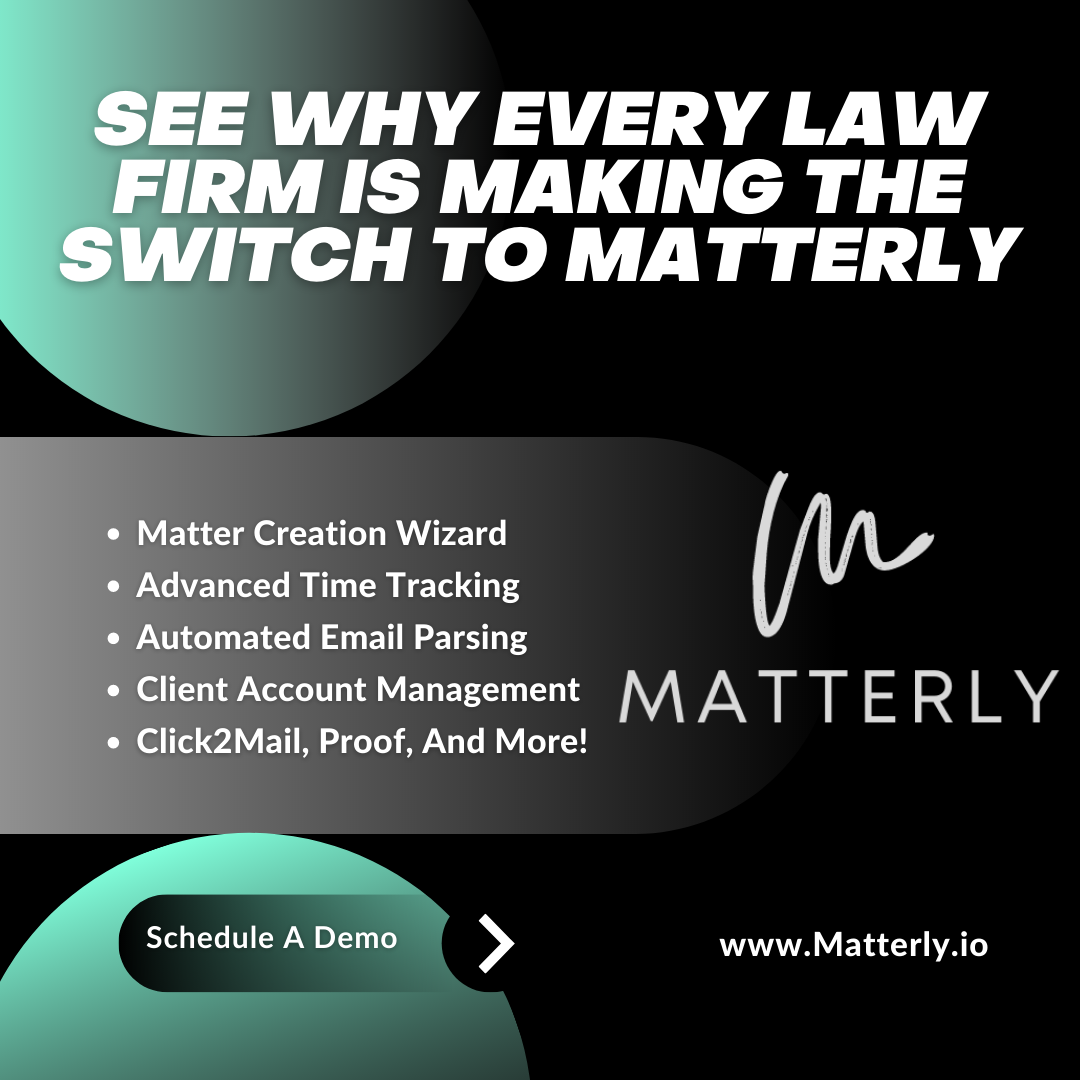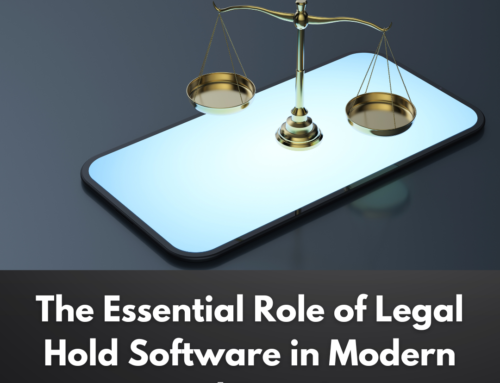Legal practitioners are always working against the clock; there is always more that can be accomplished in a day, but there is never enough time. As a result, many lawyers put in the hours rather than using more effective legal time tracking tools.
Time lost on administrative duties, new client acquisition, cost containment, and expense growth are the most prevalent issues law firms confront. Many of these concerns can be settled with the help of current legal technology. These inefficiencies might result in significant income loss in a sector that bills by the hour.
Because lawyers spend a lot of time on computers, implementing contemporary technological practices is a no-brainer. Time-tracking tools can run in the background to keep track of time and optimize law firm processes.
4 Main Benefits Of Legal Time Tracking For Your Law Firm
Keep Track Of Possible Lost Revenue
Automated timekeeping software removes a lot of the guesswork, worry, and time from the process.
These tools can track billable and non-billable hours, allowing lawyers to discover where they’re wasting time on things that aren’t linked to their practice.
Data is critical for law firms to improve as a business.
For example, a lawyer who charges $200 per hour may not be able to bill for an hour of overtime, resulting in a loss of $200 each day. If this occurs at least once a week, that’s a yearly loss of more than $10,000! Time monitoring helps verify that this time is billed and paid for more accurate income.
Increase Efficiency
Not only does do legal time tracking tools track billable time that isn’t invoiced, but it also discloses what lawyers do with their time. Lawyers in many law companies devote time to non-legal commercial duties like marketing, bookkeeping, and administration.
If a law firm’s digital time tracking reveals a significant amount of time spent on non-billable operations, resulting in revenue loss, those services can be outsourced.
Law companies, for example, can employ an accountant, admin assistant, or marketing specialist for in-house work or delegate chores to contract workers during peak seasons.
Many duties, such as digital payment processing applications for time and billing and accounting services to generate invoices, can be automated with technology solutions. In an ideal world, legal firms would use software specifically created for them.
Billing Accuracy Improved
Lawyers at both boutique and major law firms bill by the hour, but time spent on client matters does not always include face-to-face meetings with set time limits or scheduled phone calls that go over.
Time spent on duties such as these must be included in proper time tracking and billing.
- Calls on the phone
- A case study
- Emails
- Follow up with the lead
- Interviews with witnesses
- Prepare for the trial
- Transportation to and from meetings
Lawyers may struggle to prepare accurate timesheets if they do not keep track of their time clearly and structured. This ensures that lawyers are paid for all of their time and provides a complete invoice to the client for openness and trust.
Access Via Mobile Device
Many legal software systems have mobile apps, (including Matterly) which are ideal for lawyers who need to work on the go. A lawyer may be rushing between the courthouse, the law office, lunch meetings, and the library for research, depending on the nature of the case.
Timekeeping apps count hours properly and update in a secure, centralized cloud database, whether in the office or on the go.
In the Summary
Many aspects in legal Time Tracking Tools help to increase productivity and workflow, including:
Instead of manually measuring time, users can utilize automated timers to start and stop it. Because meetings tend to drag on and people forget to stop the clock, an intuitive approach assures that the tracking is as accurate as possible.
Some systems also allow users to track numerous jobs simultaneously, allowing them to instantly cease tracking time for one work and switch to another.






Leave A Comment